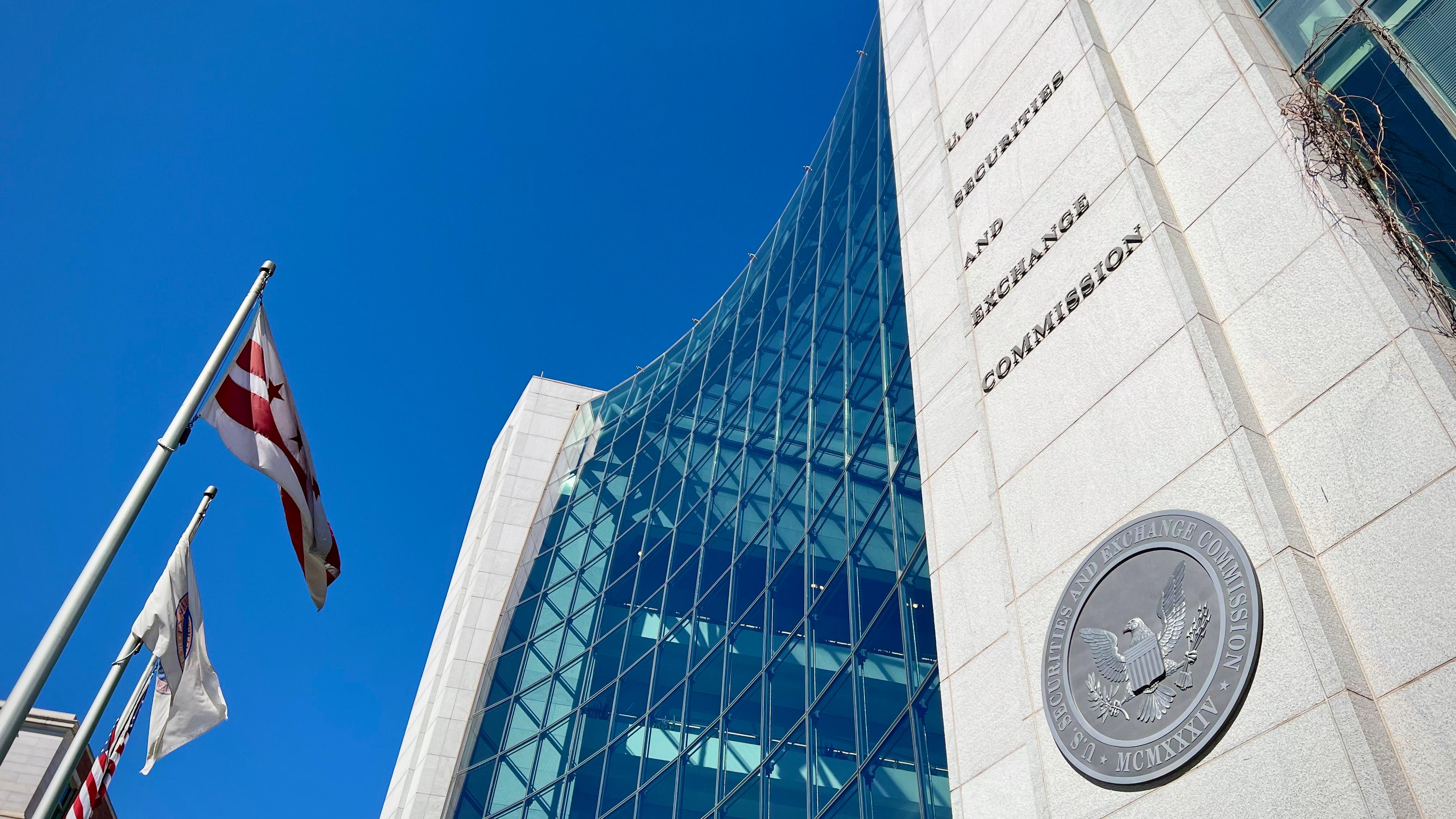
Nasdaq Advocates for Clear Crypto Classification in SEC Correspondence
A detailed letter from Nasdaq to the SEC suggests a comprehensive categorization for digital assets essential for forthcoming U.S. regulations.
What You Should Know:
- Nasdaq submitted a comprehensive letter to the SEC’s crypto task force, detailing an ideal framework for U.S. crypto regulations.
- Commissioner Hester Peirce, head of the task force, had welcomed feedback regarding regulatory strategies for the sector.
Nasdaq, which operates one of the leading U.S. stock exchanges and a crypto index, is urging U.S. regulators to focus on categorizing digital assets into four distinct groups that will clarify jurisdictional oversight. This is as outlined in a 23-page letter delivered to the SEC’s crypto task force.
“While a stock by any other word would still be a stock, the existing market ecosystem can readily absorb digital assets by establishing the proper taxonomy and calibrating certain rules to reflect what is truly new and novel about digital assets,” the letter stated in response to Commissioner Hester Peirce’s call for insights on future regulations.
According to Nasdaq, digital assets should fall into the following categories:
- Financial Securities: Tokens linked to securities (like stocks, bonds, ETFs) that should be treated similarly to their underlying assets.
- Digital Asset Investment Contracts: Tokenized contracts that meet the criteria set by a defined version of the Howey test.
- Digital Asset Commodities: Those meeting the U.S. definition of commodities.
- Other Digital Assets: Items that do not fit into the above categories and should not have securities or commodities regulations applied to them.
The securities categories should be managed by the SEC in collaboration with the Commodity Futures Trading Commission, while the exact boundaries of their authority will likely be defined by future congressional legislation.
In the letter, signed by John Zecca, Nasdaq emphasized that “digital assets that constitute financial securities must trade as they do today.”
Additionally, Nasdaq proposed that both regulatory agencies create a crossover trading designation for platforms that can accommodate digital asset investment contracts, commodities, and other asset types under a unified framework.
Nasdaq highlighted its expertise in digital assets, stating its services support digital platforms across six continents and argued for stricter safety measures and regulations for companies managing investors’ activities comprehensively, which is commonplace among current crypto platforms.



